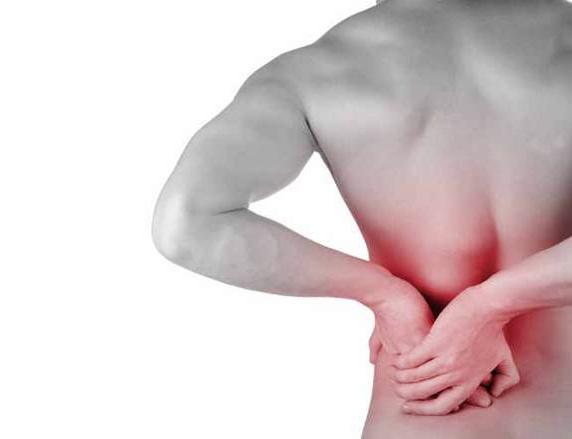Restless limbs and muscles can be an issue that often gets swept under the carpet (or the duvet). Muscular spasming and cramps or tingling sensations all come under a broad banner of indescribable conditions that are generic and almost dismissed in assessment. There is always a certain amount of muscular tension and 'soreness' involved with our bodies, but a persistent restlessness in the limbs can perhaps be attributed to a more surreptitious underlying issues.
Many times restlessness in the legs can be an uncomfortable condition that can interrupt sleep patterns and keep one from getting vital rest and downtime. It’s often a small sensation that is felt often in the calves and only brought on when lying down or about to go to sleep. Periods of inactivity such as long car drives or sitting in a theatre or on long haul flights can also bring on the sensation. Pregnancy can also be a precursor to the sensation and this is directly involved with the indications of Iron levels (see below). Some medications can also bring on the symptoms particularly those associated with antidepressants, antipsychotics, antihistamines and calcium channel blockers.
The feeling is often described as a ‘deep’ sensation that is right in the belly of the muscle and ‘bones’. It can occur on the arms and hands and is often felt across both sides but can be just on one side of the body. MOVEMENT helps to alleviate the condition and this can often be where you see people lying on the couch ‘tapping their foot’ or rolling their leg side to side. Typically the condition occurs in seniors as opposed to youngsters and that restlessness that is often indicated by youngsters in a growth spurt should not be perceived as an indicator of this condition.
The issue with this restlessness is that it can indicate underlying problems and be a precursor ‘alarm signal’ to more serious issues such as Parkinsons, neural degeneration, diabetic conditions and Kidney issues. Blood tests can be undertaking and there has been some evidence of depleted iron levels being an indicator for this condition. Also Kidney function is an alarm bell for restless limbs and with iron being vital for the health of red blood cells ability to carry oxygen. The kidneys help to signal this red blood cell creation via erythropoietin (hormone) and this low level of hormone can lead to decreasing red blood cell formation and consequently anaemia.
The main issue with the symptoms is that it interrupts sleep. This brings with it a whole host of other complications and health problems so it can often be disguised as a secondary condition that is not necessarily prevalent in medical examinations. But we all know that if we don’t get sleep we don’t have any chance of maintaining a healthy and productive system.
There is medication to address this issue that works mainly on dopamine transmission in the Central Nervous System. With medication there is always an issue that the responsiveness to the medication will reduce over time and continued application. In issues such as Parkinson’s often treatment is about delaying the application of these types of medication so that as we age, we don’t rely on the medication too early. In these types of degenerative conditions, delaying the use of the medication means that when the time comes that the condition really takes hold, we can institute the medication so that our quality of life is sustained for longer into our senior age.
Generally this is such a broad term condition and it can indicate one of many different contributors. However the complaint is not to be idly dismissed and further investigation into those more serious conditions mentioned should be conducted to eliminate any missed diagnosis. Whilst there is no way to test for RESTLESS LIMBS in blood tests and nerve conduction tests, eliminating things such as early onset Parkinsons, anaemia, nerve degeneration etc will help to reduce the presenting conditions as being more sinister.
Treatment of the condition can sometimes be managed by simple elements. Iron, folate and magnesium supplementation has been shown to have effects on the symptoms and effectiveness of treating the condition as well as decreasing stimulant use such as caffeine, alcohol and tobacco. It can also be a simple case of targeting the nervous system and including meditation or ‘soft touch’ exercise with breathing techniques to help calm an over-active nervous system. Sometimes just changing the sleeping patterns we can target the period where our ‘restlessness’ is least active (ie later in the evening rather than early on which is typically when many experience the sensation). There is also a family history element that can predispose someone to this condition and if this is present then this does present itself before 45years.
Massage is indicated as an effective means of treating the condition by way of assisting with muscular tone and also flushing the areas with blood and increasing circulation. This can assist with reducing any of the neural issues that may be occuring or at least delaying the onset of the system. It is by no means a cure but it does help in managing the symptoms and getting the body to rest and relax where sleep patterns are being affected.
So if you are experiencing restlessness and finding it is impacting on your daily life, don't dismiss it and give it over to just simple stress. It is something to be discussed and investigated with your medical practitioners. Ruling out the more advanced symptoms is a necessary precaution and a good step in the right direction.



